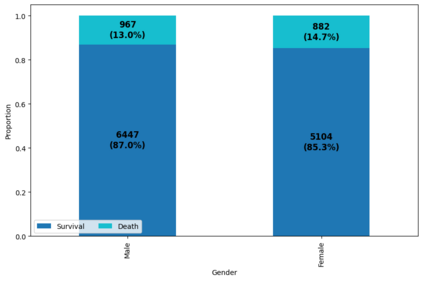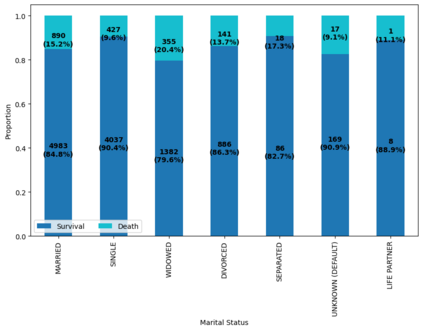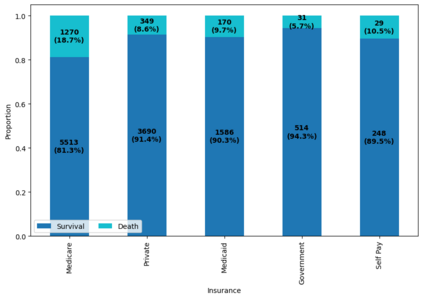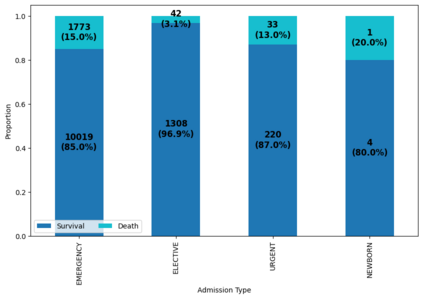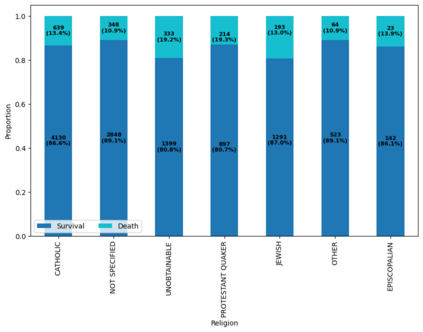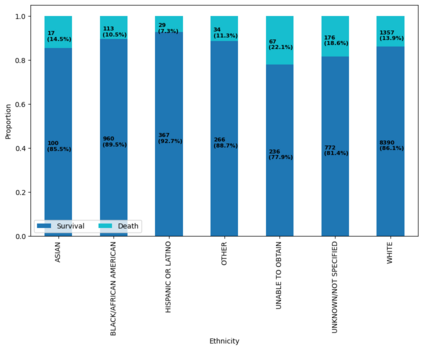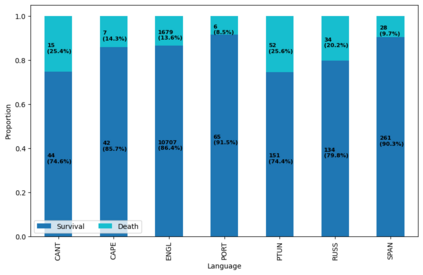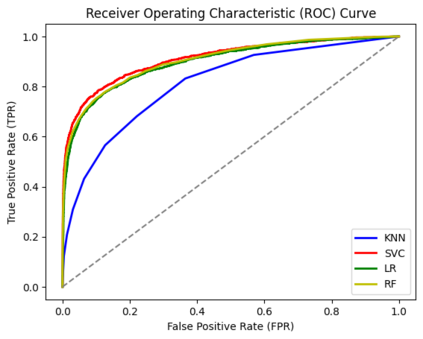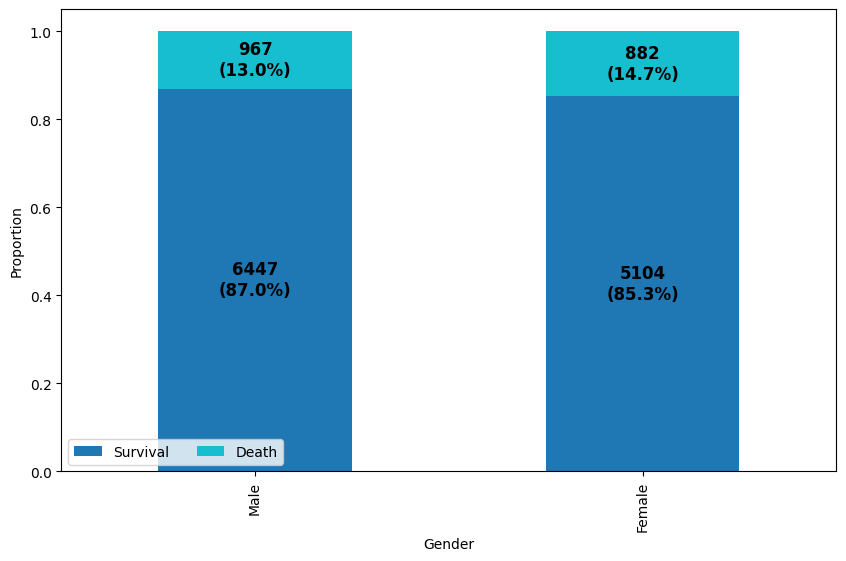Mental disorders impact the lives of millions of people globally, not only impeding their day-to-day lives but also markedly reducing life expectancy. This paper addresses the persistent challenge of predicting mortality in patients with mental diagnoses using predictive machine-learning models with electronic health records (EHR). Data from patients with mental disease diagnoses were extracted from the well-known clinical MIMIC-III data set utilizing demographic, prescription, and procedural information. Four machine learning algorithms (Logistic Regression, Random Forest, Support Vector Machine, and K-Nearest Neighbors) were used, with results indicating that Random Forest and Support Vector Machine models outperformed others, with AUC scores of 0.911. Feature importance analysis revealed that drug prescriptions, particularly Morphine Sulfate, play a pivotal role in prediction. We applied a variety of machine learning algorithms to predict 30-day mortality followed by feature importance analysis. This study can be used to assist hospital workers in identifying at-risk patients to reduce excess mortality.
翻译:暂无翻译

